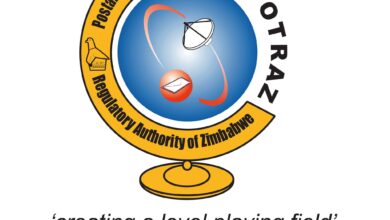Smart Cities in Zimbabwe: Leveraging Technology for Efficient Local Governance

Smart cities in Zimbabwe are leveraging technology to enhance local governance and improve the quality of life for citizens. This innovative approach combines traditional urban planning methods with cutting-edge technology solutions to create more efficient, sustainable and responsive municipalities. By harnessing the power of smart technologies, Zimbabwean cities poise to tackle pressing challenges. These include infrastructure management, public safety and environmental sustainability 2.
Key Components of Smart Cities in Zimbabwe
According to the Smart Zimbabwe 2030 Master Plan, a smart city is a developed urban area. It creates sustainable economic development and high quality of life by excelling in multiple key areas. These areas are economy, mobility, transportation and built environment. Also, further areas of inclusion are smart infrastructure (electricity, lighting, surveillance, road networks, water, waste management), people, accommodation (houses and offices) and government. These elements work together to create a cohesive smart city ecosystem that benefits both residents and local businesses.
Leveraging Technology for Efficient Local Governance
Furthermore, technology plays a crucial role in implementing smart city initiatives in Zimbabwe. Some notable examples include implementing digital platforms for citizen engagement and feedback. Additionally, there is utilising data analytics to inform policy decisions. Moreover, the deploying IoT sensors for real-time monitoring of urban services and developing mobile apps for streamlined service delivery utilises technology.
By leveraging these technological tools, Zimbabwean cities can enhance transparency, accountability, and responsiveness to citizens’ needs 4.
Challenges Facing Smart City Development in Zimbabwe
However, despite the potential benefits, there are several challenges that Zimbabwean cities face when implementing smart city technologies. There is limited access to funding and resources and infrastructure gaps in rural areas. Additionally, there are cybersecurity concerns and a noticeable digital divide among citizens.
Addressing these challenges will be essential for realising the full potential of smart city initiatives in Zimbabwe 5.
The Harare Smart City Project
Furthermore, the Harare Smart City project serves as an excellent example of how technology is being leveraged for efficient local governance in Zimbabwe. This initiative aims to transform Harare into a modern and sustainable metropolis. This is through the implementation of intelligent traffic management systems. Also, the deployment of energy-efficient streetlights. Finally, there is the creation of a digital platform for citizen reporting and tracking of municipal services
The project demonstrates how smart city principles can be applied in practice to address specific urban challenges facing Zimbabwean cities 6.
Conclusion
As Zimbabwe continues to embrace smart city technologies, it is clear that this approach has the potential to significantly improve local governance and quality of life for citizens. By harnessing the power of innovation and technology, Zimbabwean municipalities can become more efficient, responsive, and sustainable. However, addressing the challenges ahead will require collaboration between government, private sector, and civil society organisations to ensure equitable benefits for all members of society.





